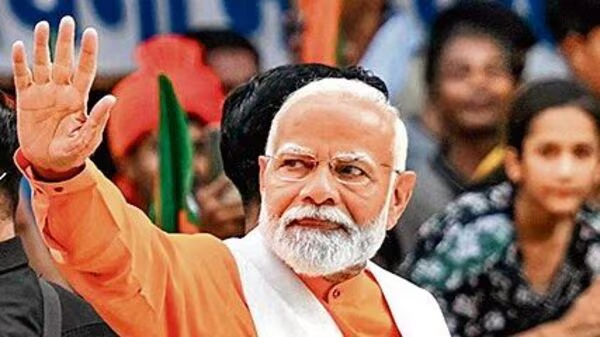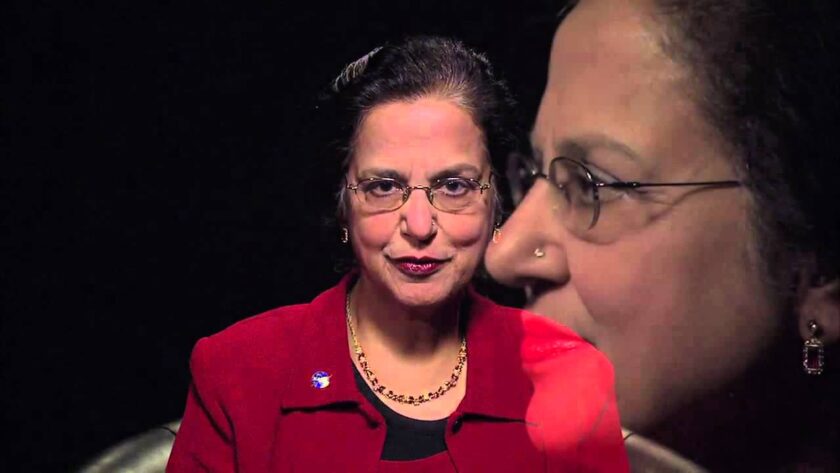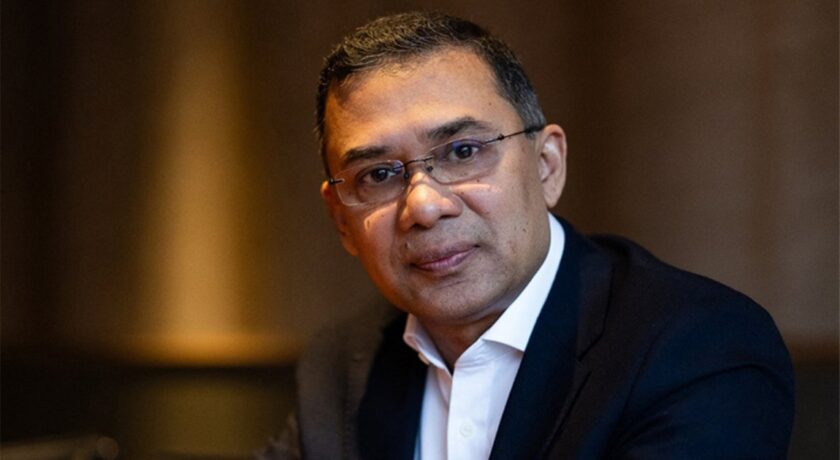Washington: As Donald Trump prepares to assume office for his second term as President of the United States, Pakistan’s political and military leadership faces mounting anxiety. The composition of Trump’s Cabinet and the foreign policy implications it carries are prompting reevaluations of Islamabad’s position in its historically tumultuous relationship with Washington.
Key Cabinet Choices and Their Implications
Trump’s nominees for critical positions—including Secretary of State, National Security Advisor, and Director of National Intelligence—signal a strategic pivot that favors India while sidelining Pakistan. The appointments suggest a US foreign policy that prioritizes countering China’s influence in South Asia and fostering stronger ties with India, potentially at Pakistan’s expense.
Senator Marco Rubio – Secretary of State Nominee
Rubio, a staunch advocate of the US-India Defense Cooperation Act, has pushed for robust defense and technological collaboration with India. The act calls for:
- Technology Transfers: Elevating India’s status on par with key US allies like South Korea and Israel.
- Strategic Partnerships: Enhancing India’s defense capabilities to counterbalance China.
- Sanctions on Pakistan: Rubio’s proposals emphasize withholding security assistance to Pakistan, citing its alleged support for terrorism through proxy organizations targeting India.
Rubio’s stance has raised concerns within Pakistan’s military establishment, particularly at the Army Headquarters in Rawalpindi, where his proposals are perceived as undermining Pakistan’s strategic interests in the region.
Mike Waltz – National Security Advisor Nominee
Waltz has a track record of advocating for tough measures against Pakistan, urging Islamabad to clamp down on cross-border terrorism. His nomination reflects an uncompromising stance that could lead to increased diplomatic and economic pressure on Pakistan.
Tulsi Gabbard – Director of National Intelligence Nominee
Gabbard, known for her vocal criticism of Pakistan’s harboring of Osama Bin Laden, has supported India in past standoffs with Islamabad, such as the 2019 Pulwama incident. Her appointment signals an intelligence apparatus that may adopt a more critical view of Pakistan’s role in regional security issues.
John Ratcliffe – CIA Head Nominee
As former Director of National Intelligence, Ratcliffe focused on countering threats from China and Iran. His appointment to lead the CIA suggests continuity in scrutinizing Pakistan’s alliances and actions, particularly those seen as contrary to US strategic objectives.

Repercussions for US-Pakistan Relations
Experts predict that the Trump administration’s policy will be less favorable to Pakistan, posing challenges for Prime Minister Shehbaz Sharif’s government and General Asim Munir’s military leadership. Key areas of concern include:
- Strategic Marginalization: With India positioned as a key ally, Pakistan’s role in South Asia may diminish further.
- Sanctions Risk: Rubio’s advocacy for curtailing US security aid threatens Pakistan’s military and economic stability.
- Diplomatic Isolation: Trump’s America First approach, coupled with his skepticism of multilateralism, could leave Pakistan with fewer allies in addressing regional issues.
Pakistan’s Proactive Measures
Anticipating the challenges posed by Trump’s leadership, Pakistan’s government and military are taking steps to mitigate potential fallout:
- Neutral Stance: General Asim Munir’s recent declaration that Pakistan will not align with any bloc in global conflicts reflects an effort to avoid entanglements.
- Early Engagement: Reports indicate that Pakistani officials are already reaching out to Trump’s team in hopes of establishing favorable dialogue before the administration takes office.
Regional Dynamics and the India Factor
India’s growing partnership with the US, bolstered by Rubio’s defense proposals, amplifies Pakistan’s concerns. The potential transfer of advanced technology and increased defense cooperation between Washington and New Delhi could tip the regional power balance, isolating Pakistan further.
The Trump administration’s Cabinet choices represent a paradigm shift in US foreign policy that could marginalize Pakistan while strengthening India’s regional influence. For Islamabad, this necessitates a strategic recalibration to safeguard its interests amidst shifting alliances.
As Trump’s team takes shape, Pakistan’s leadership faces the daunting task of navigating an increasingly precarious geopolitical landscape, with challenges that could redefine its relations with the United States and the broader region.









